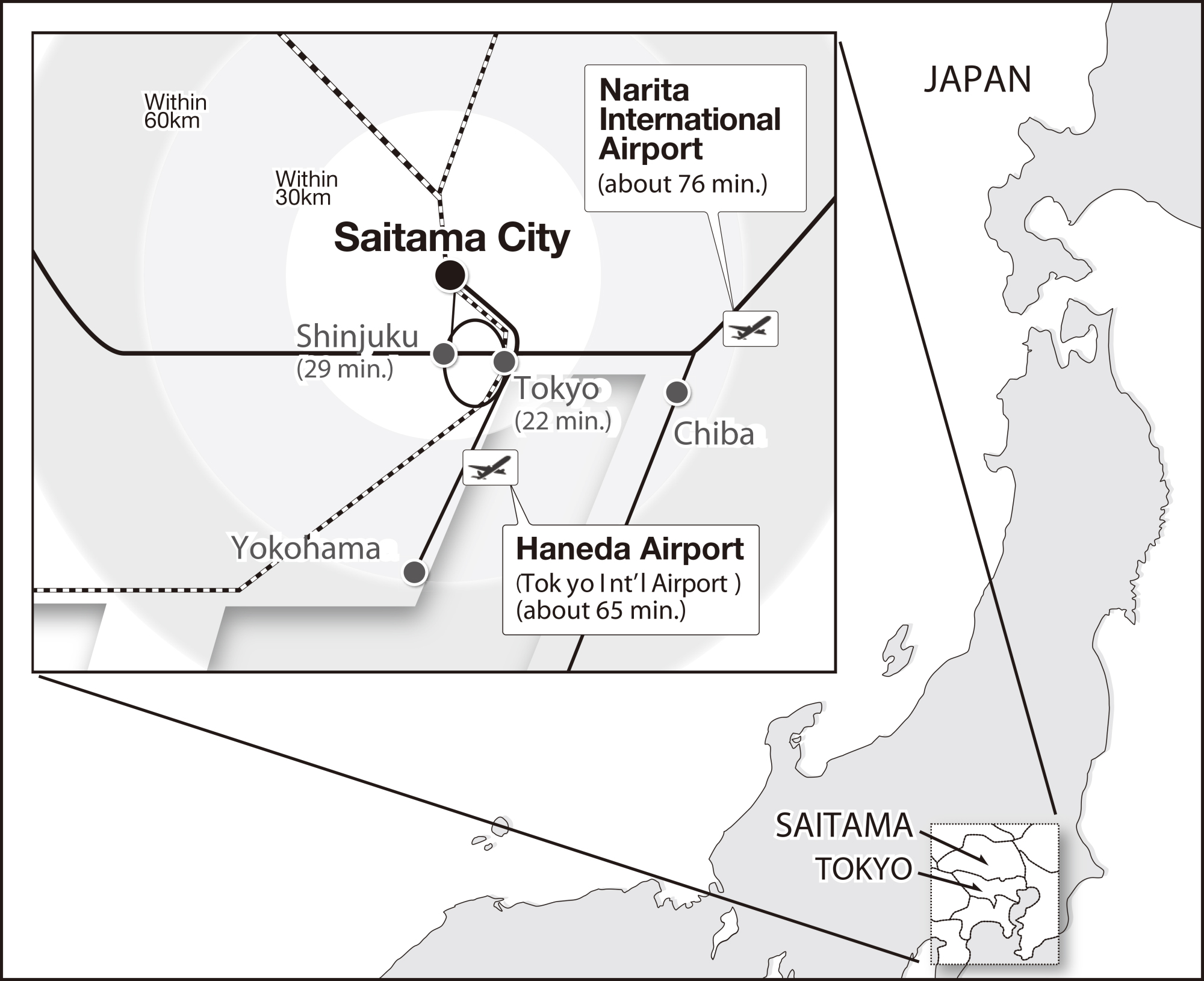Saitama City, a major bedroom community of Tokyo, is home to many leading technology companies that Japan can be proud to showcase to the world.
That Saitama is such a hotbed of technology is lost on most people because many of the companies are manufacturers of components and materials, rather than end products. However, the components and materials go into many products that support people's day-to-day lives.
One reason for this concentration of technology is the city's convenient access to the capital; it is just 20 to 30 minutes by train to major destinations such as Tokyo and Shinjuku stations. This ease of access has attracted many types of businesses, creating the demand for many different technologies.

















With your current subscription plan you can comment on stories. However, before writing your first comment, please create a display name in the Profile section of your subscriber account page.